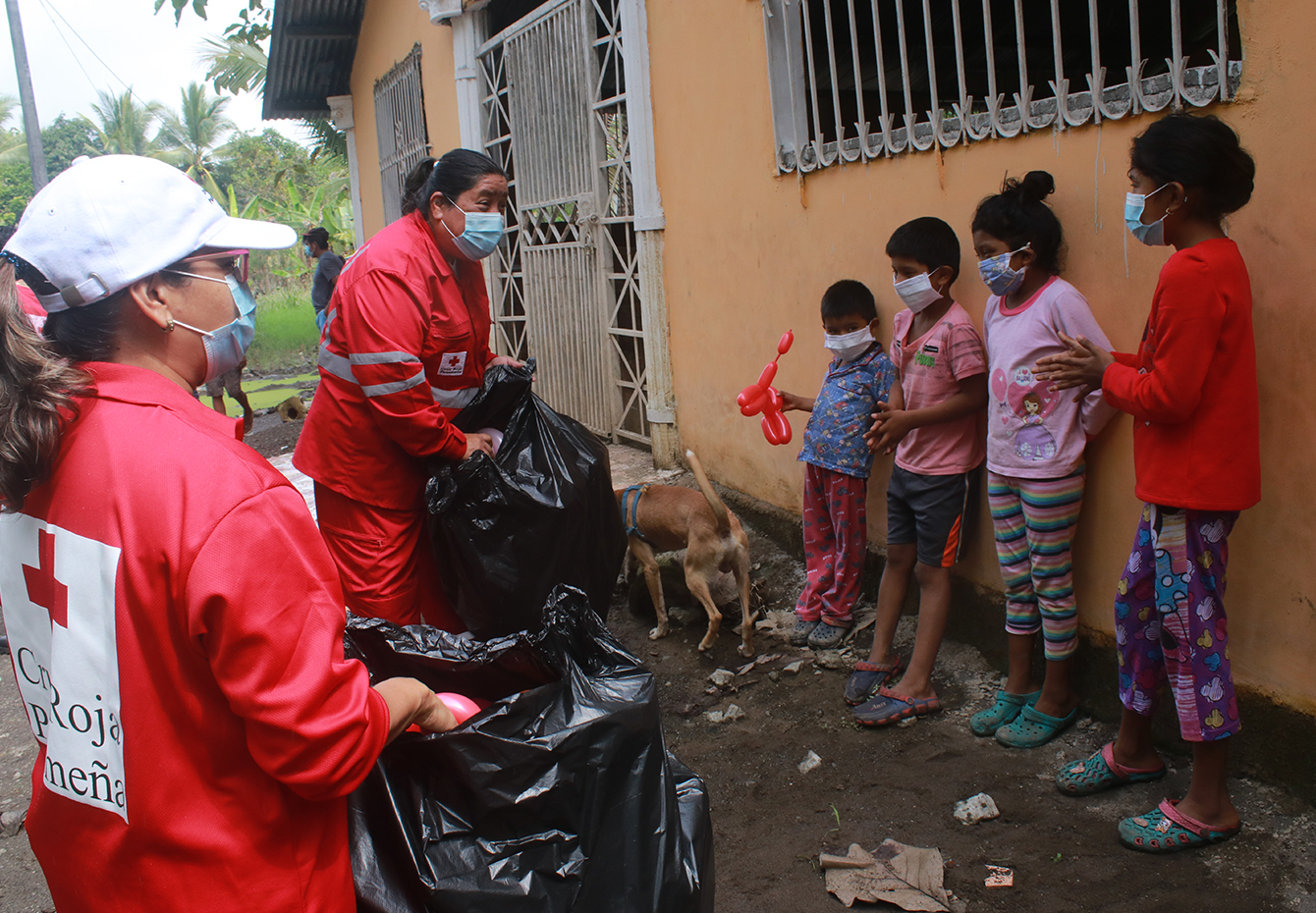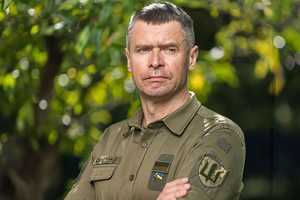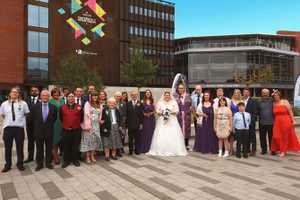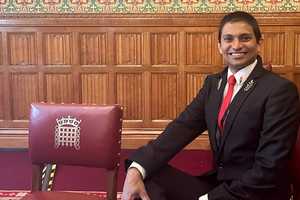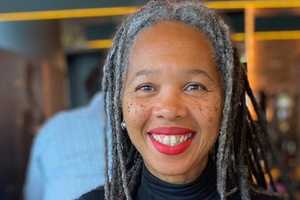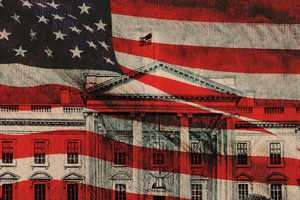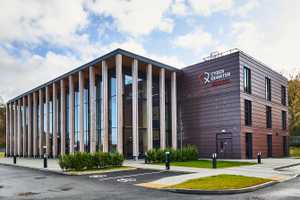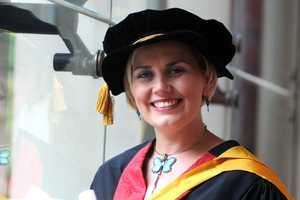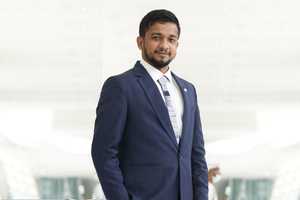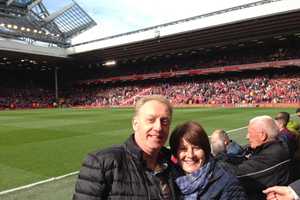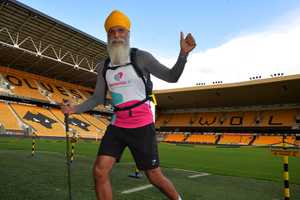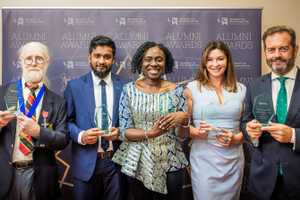No matter how much drama Julian Harris has seen in his career for the Red Cross, it’s still remarkable how open and relaxed he sounds when he recounts his experiences – even that of being taken hostage by a violent paramilitary group.
Julian, now head security advisor for the International Federation of the Red Cross in Geneva, started his career in a far less safe, stable environment. After obtaining a BA Languages degree with the University of Wolverhampton, in 1993 he moved to the Caribbean coast of Colombia.
The region was wracked with violence due to drug smuggling and an ongoing insurgency, both of which continue to this day. He began as a teaching assistant but swiftly moved into working for the International Committee of the Red Cross (ICRC), recording infringements of international humanitarian law across the region.
It wasn’t long before a proactive boss stepped in to manage Julian and told him that he would no longer be sitting in an office, filing reports – he had the nerve-wracking task of making contact with the numerous local armed groups, as a delegate.
Julian says: “I was suddenly able to see the conflict that I had passively witnessed before, as someone who could now potentially be affected by it. I’d also only seen one side of it up until then, and was suddenly able to see all sides of it, as well as the interconnections between different groups, people, and businesses – because it’s all about money, at the end of the day.”
While the idea of filling such a role might terrify most people, Julian admits that he was drawn to the excitement of his tasks. As a member of the Red Cross it was Julian’s responsibility to remain neutral throughout all his interactions with the armed groups and, in general, the groups understood and respected this.
Julian continues: “Colombia is very ‘person to person’ rather than ‘institution to institution’, if you see what I mean. The personal touch is very important and being human is very important, too. That means that sitting down and talking for hours about music and football was essential to being able to start making inroads with people.”
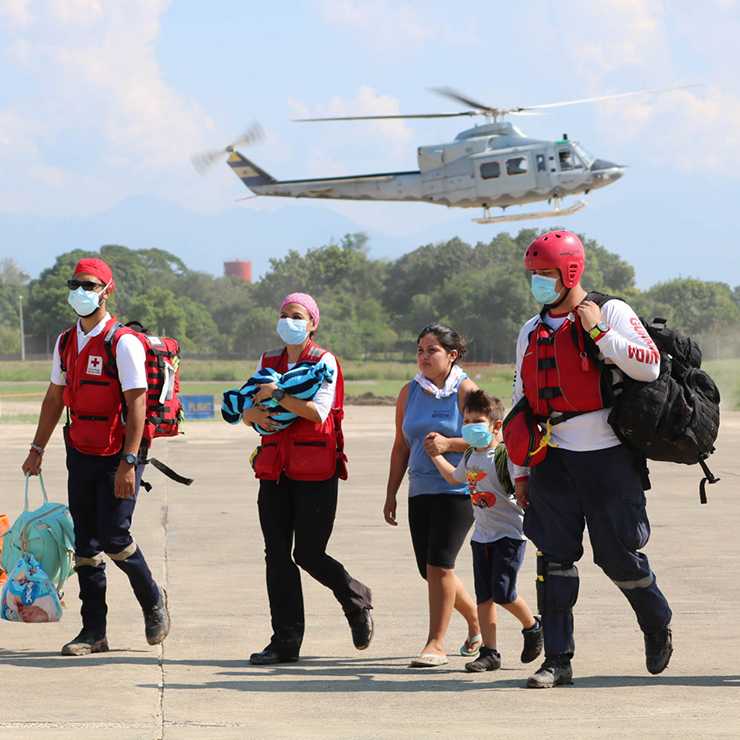
This friendly demeanour and reputation for neutrality enabled Julian to build rapport and do his job safely for the most part. The ICRC functions to ensure humanitarian assistance and protection for victims of war, no matter who they are. This means that, in theory, they should be free from any risk of being menaced, because the organisation benefits all factions involved.
Julian says: “It’s interesting, because in the ICRC you are trained from the very start to remember that we are the guardians of the Geneva Convention, and to have confidence in all we do."
“That idea that you’re almost untouchable is actually all we have. I mean literally. I remember standing in front of this right-wing group that was responsible for hundreds of deaths, many of which were needless and completely unjustified. They were brutal, horrific – I picked up bodies that had been chainsawed – but we’d have to stand in front of these people with an air of confidence.”
Julian recounts a time when a left-wing group kidnapped six journalists. This was in response to the ICRC evacuating wounded members of a right-wing paramilitary group to a first aid clinic.
The left-wing group took umbrage to the ICRC’s interference – despite it being the ICRC’s mandate to take injured combatants to safety, as long as they are unarmed – and tried to insist that it was the ICRC’s responsibility to pick the captured journalists up after their release.
Julian says: “We were like, ‘No, we don’t release them. They can make their own way home, and it won’t be a problem.’ But the group was really insisting, which was bizarre as it wasn’t their standard behaviour."
"They started phoning the families of the journalists to tell them to put pressure on us, and for us to go up and get them. It felt so wrong, but unfortunately we didn’t really figure that it was a trap.”
Julian was sent to handle the situation face-to-face. Due to the unusual circumstances he packed spare boots and clothing, and then went to meet the group and the journalists. When he arrived, the journalists offered him some good news and some bad news. The good news was that the journalists were leaving; the bad news was that Julian was staying. This was the point at which things went “pear-shaped”, as he met the commander who claimed he had technical proof that the ICRC had violated their normal standard practices in favour of the opposing side.
He says: “I got annoyed more than afraid initially, which was stupid. I told the commander that he was making a ridiculous mistake. I told him that we were there to support non-combatants, and somebody who has been shot and is in need of treatment and no longer fighting is a non-combatant. That’s why we evacuate people like that to a clinic and we would do the same, and already had in the past, for his group.
I was quite aggressive about it, which got him annoyed, but I kept reinforcing to him that he had made a mistake until his commanders started telling him he had made a mistake too. He was getting stressed out, which could have turned out quite badly for me.”
The group lined up in front of Julian and told him they were going to kill him, which caused Julian to reflect on his behaviour and the situation and sit down quietly, which he admits he should have done from the start.
“When they lined up in front of me pointing their guns at me I thought, shit, I’m actually going to die. This is ludicrous. And the worst thing was that I’d spent years taking reports from distraught parents on cases of people who had been executed by various groups, and now I’m going to put my parents into exactly the same position.
How could I have been so stupid?
Thankfully the situation resolved itself without injury, but the experience contributed to Julian later training people who were about to go out on missions with the United Nations. With Julian’s unique background, he took recruits through hostage survival training.
Despite Julian stating that a person is far more likely to get sick due to failing to wash their hands or injured for not wearing a seat belt, hostage survival training remains part of many people’s introduction to field work. Having had direct experience himself – he uses his own story as an example of what not to do – Julian has since built his expertise by interviewing other ex-hostages such as Terry Waite, and read countless books on the subject.
He says: “The training is to remind people, you know, of the fragility of human life. It’s to tell people who are intent on going that it’s serious."
"We ask, ‘If you get kidnapped and killed, what’s going to happen to your family?’ And that’s when people go, ‘Ohhhh.’”
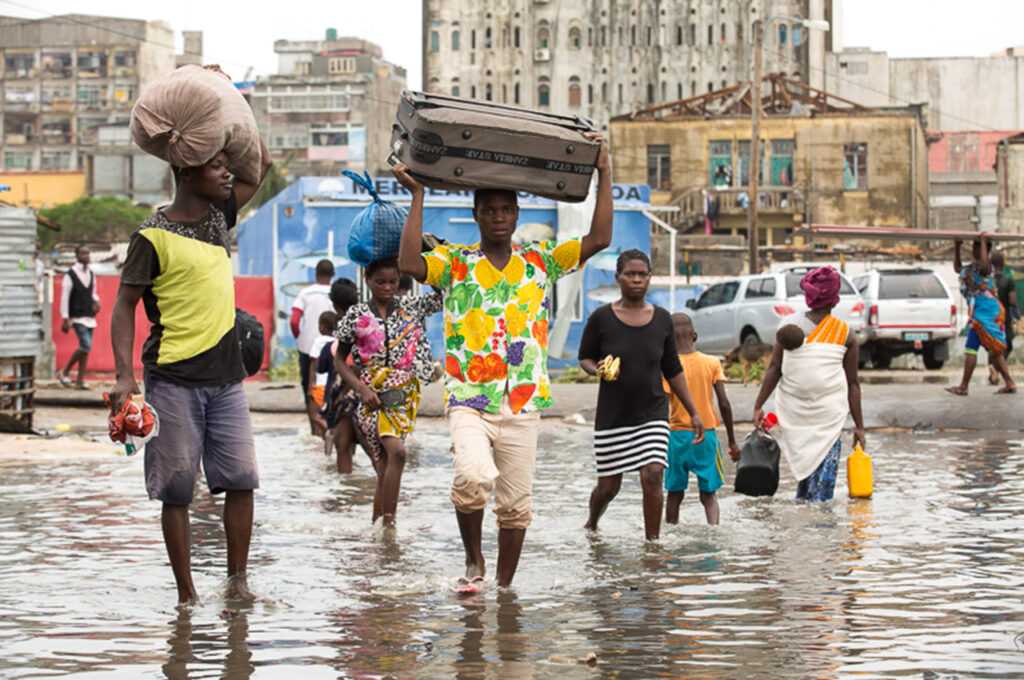
Having worked such intense roles, Julian says that his career has often been “incredibly rewarding, but in the most horrific ways.”
He recalls feeling terrified before meeting a woman in Colombia, because all four of her sons had been killed. The group that had killed her sons had confirmed that they were responsible and the mother was never going to have their bodies returned to her. However, when Julian told her she immediately hugged and thanked him.
He says: “To be hugged after having given somebody that sort of news was incredible, but it makes you understand how awful it is for people who have missing children or loved ones”.
Today, Julian works for the International Federation of the Red Cross, which no longer sees him working amid such dangers, as he reflects, “I have children now, so that changes everything.” His current role sees him offering his security expertise to Red Cross denominations across the world, from the Malawi Red Cross to the Afghan Red Crescent, providing support to people in the field who face the aftermath of earthquakes, hurricanes, and all manner of human struggles.
In closing, Julian says: “One of the things that being in Wolverhampton taught me was to have respect for everybody. Everyone has their pluses and their minuses but there are wonderful people at every level in life."
“I believe that most people are inherently good, and that realisation made me see that I wanted to help people. In the end, I would say that it was my experiences in Wolverhampton and these realisations that drew me towards working with the Red Cross."
